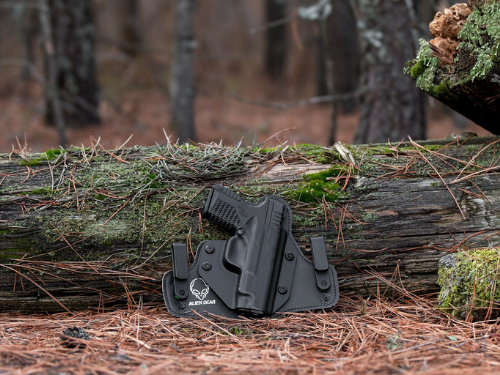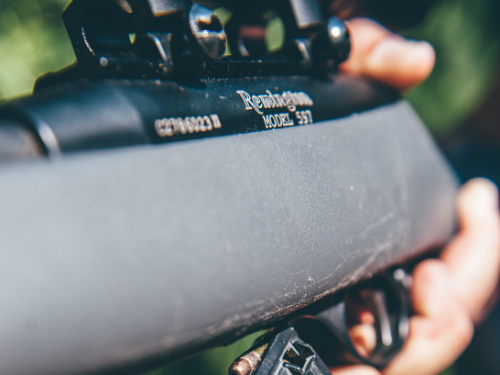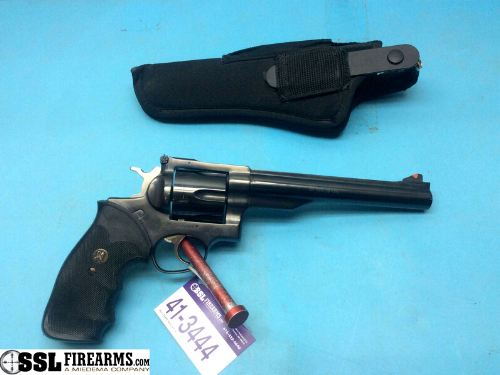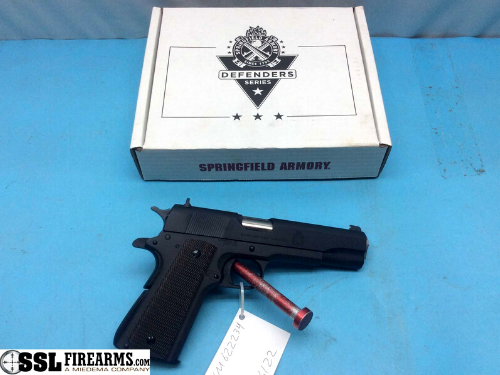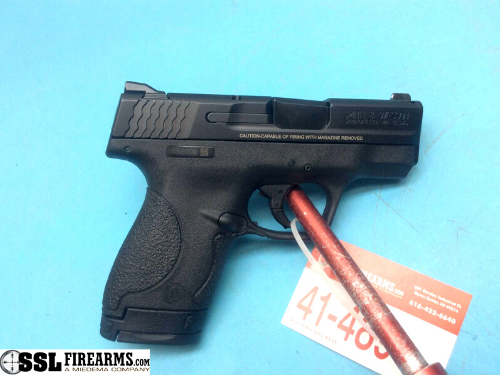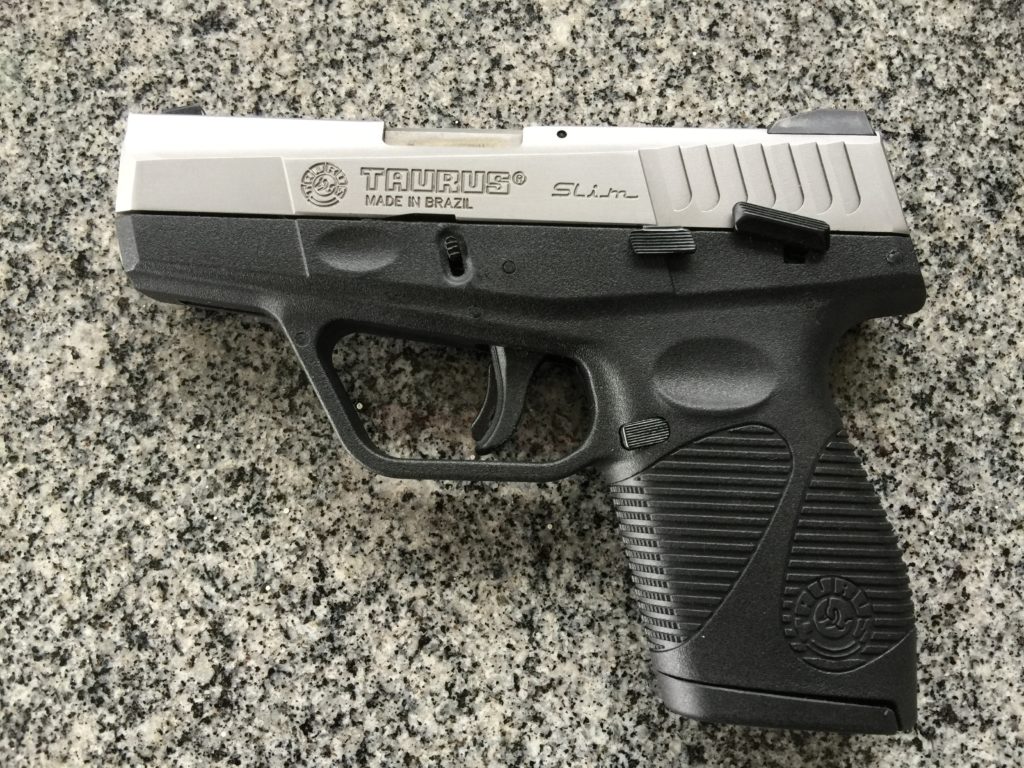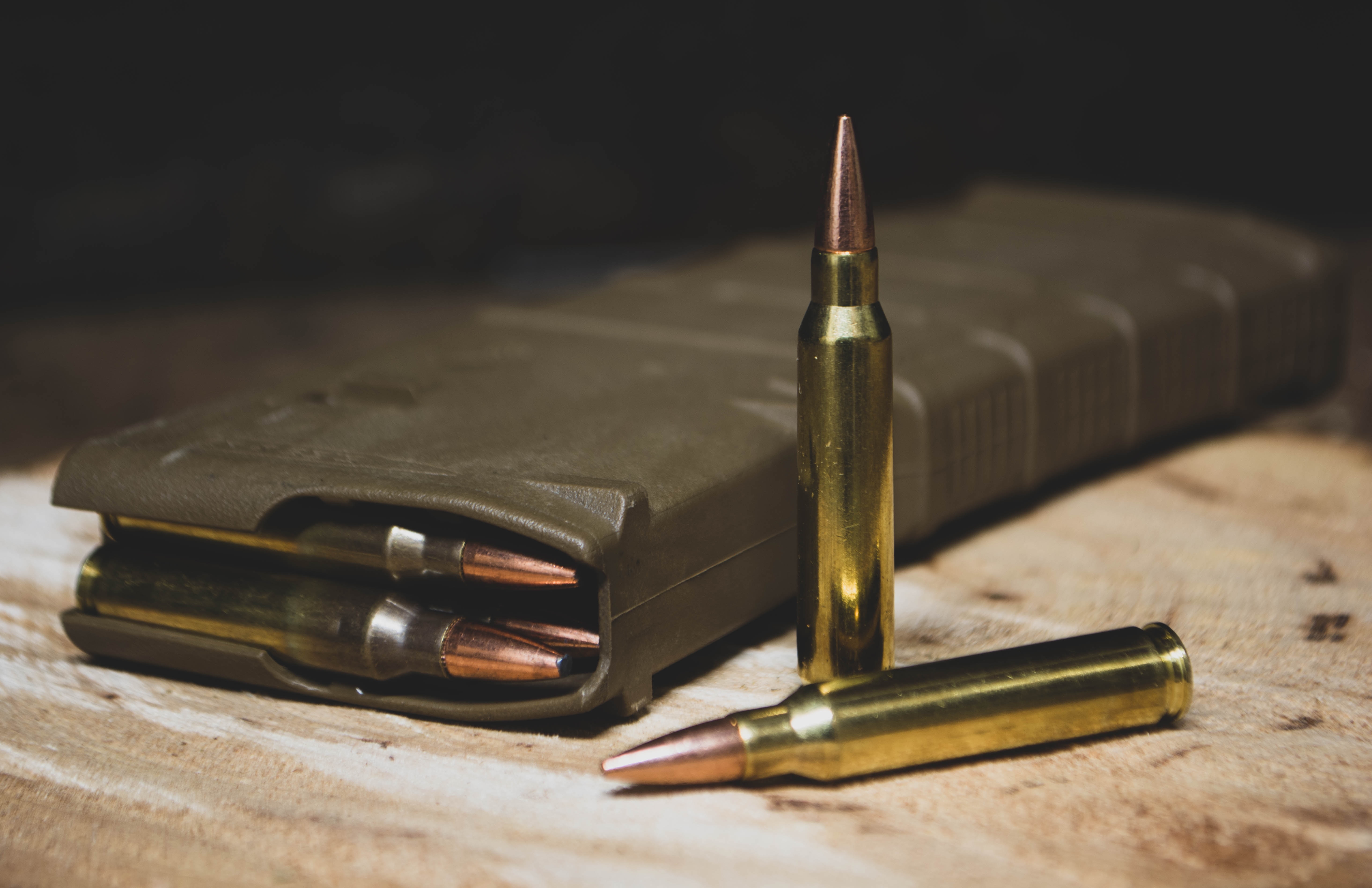
What Is The National Firearms Act
Everything You Need To Know About NFA History
Throughout American history, there have been many laws, rules, and regulations concerning firearms, some have stuck around, while others have run their course and been phased out as time goes on. The very first reference to the control of firearms actually goes way back to 1791 when the Bill of Rights was ratified and within them was stated that “A well regulated Militia, being necessary to the security of a free State, the right of the people to keep and bear Arms, shall not be infringed.” (https://billofrightsinstitute.org/founding-documents/bill-of-rights/) This allowed for the right to keep firearms as an individual which was the beginning of the laws to follow gun control and firearms laws. Over 140 years passed before the next direct address to firearms regulation was recorded and this was when the National Firearms Act (NFA) was born. In 1934 the NFA was initially put in place as a result of the up rise in gun related crimes. Franklin D Roosevelt was president at the time and his push for the National Firearms Act was a part of his “New Deal for Crime”

The NFA placed a $200 tax on the transaction and sale of firearms. The goal of putting this tax in place was to not only show the authority of Congress, but more importantly to lessen if not eradicate the sale and transfer of firearms. A $200 firearm transfer tax was a steep price to pay in that time. In addition to the tax, the NFA also required that a person register a firearm if not done already – if someone was found to be in possession of an unregistered firearm punishment by the State could follow. This NFA seemed to be sound until a popular Supreme Court case took place in 1968 regarding a convicted felon named Miles Haynes. Haynes, being a convicted felon was not allowed to posses a firearm, and because of that, he did not register the gun to the Secretary of the Treasury to protect himself. Let’s break this down to understand the laws a little bit better – with the NFA in place, Haynes was violating the law if he did not register the firearm, but also had he registered the firearm, he would have been voluntarily incriminating himself for being a convicted felon in possession of a gun to begin with. The Fifth Amendment of the U.S. Constitution prohibits self-incrimination creating a loophole for Haynes that the Supreme Court was at that time forced to deal with. After the case was finished and the loophole was recognized in regards to the government’s ability to put away convicted criminals, Title II of the Gun Control Act was put into place in 1968 changing the NFA forever. Title II of the Gun Control Act of 1968 amended the NFA in order to adjust the lawn and address the now obvious flaw that was brought to light in the 1968 Haynes case. Title II changes were slight but effectively changed the way that the NFA was carried out, the changes removed the requirement for a current firearm owner/possessor to register an unregistered gun. In addition, any information discovered through a NFA application or registration could not be used against the applicant or registrar in a criminal case from before or happening during the filing of the application or registration. These adjustments seemed to improve the NFA while addressing the original flaw going forward. Title II also addressed a few smaller items such as redefining firearm to include the term “destructive devices” and also clarifying the definition of “machinegun”. After some time in 1986 the Firearm Owners’ Protection Act was also put into place. This Act adjusted the definition of gun silencers as well as banned the transfer of machineguns. Of course there were exceptions made in the case of government agencies as well as with other lawful situations.
All of the above laws and regulations are monitored by the Bureau of Alcohol, Tobacco, Firearms, and Explosives or the ATF. We are thankful for all of the hard work and dedication that our government has put into keeping us safe through the laws and regulations that are put in place. If you want to read more about the National Firearms Act, click here to read more from the AFT.
Are you looking to add to your firearms collection? Check out our firearms auctions and direct sale listings by clicking the link below!


